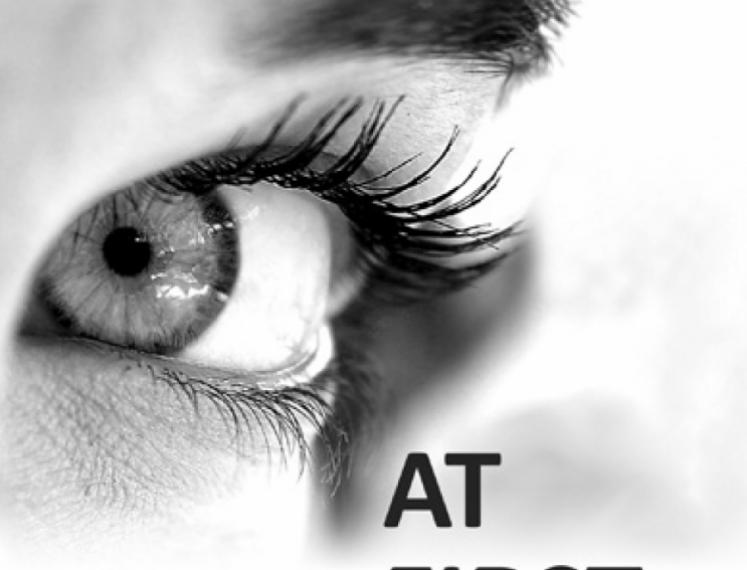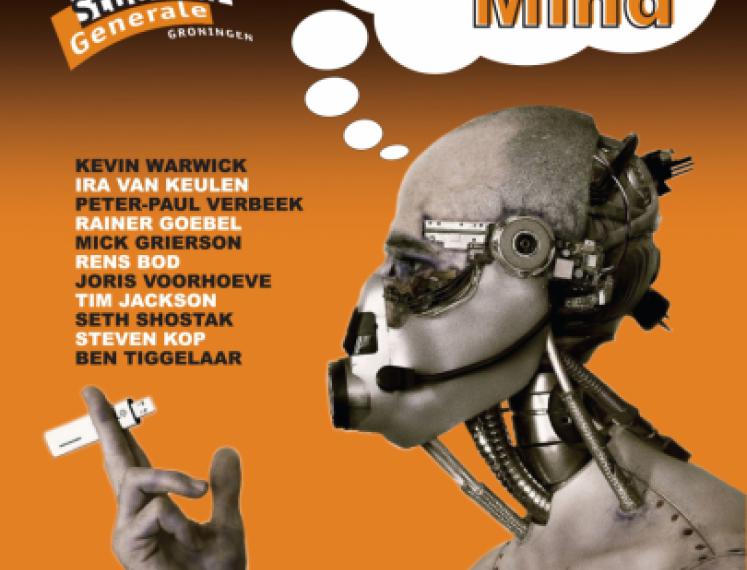Psychology of First Impressions
In their everyday life humans have to make fast and intuitive judgments all the time. These first impressions are often surprisingly valid.
Suppose you are sitting in a train compartment with one other person that you’ve never seen before. After a while you have to go to the restroom. What do you do? Do you ask that person to take care of your belongings? Or do you take all your luggage with you because you don’t know whether that person can be trusted? In their everyday life humans have to make such intuitive judgments all the time. Traditional social psychology would be rather sceptic as to whether such first impressions can be trusted, as they might be biased by all kinds of prejudices and errors, for example; to think that beautiful people are also smart or that race is related to personality. However, in the last decades a vast number of studies revealed that our first impressions are often surprisingly valid. With only very limited information - after having seen a 30sec mute video tape - people are able to judge the personality and intelligence of other people. What can we learn from this research for our everyday lives?
Detlef Fetchenhauer is a professor of economic and social psychology at the University of Cologne. His main research interests are the detection of human altruism, evolutionary psychology and the psychology of trust.



